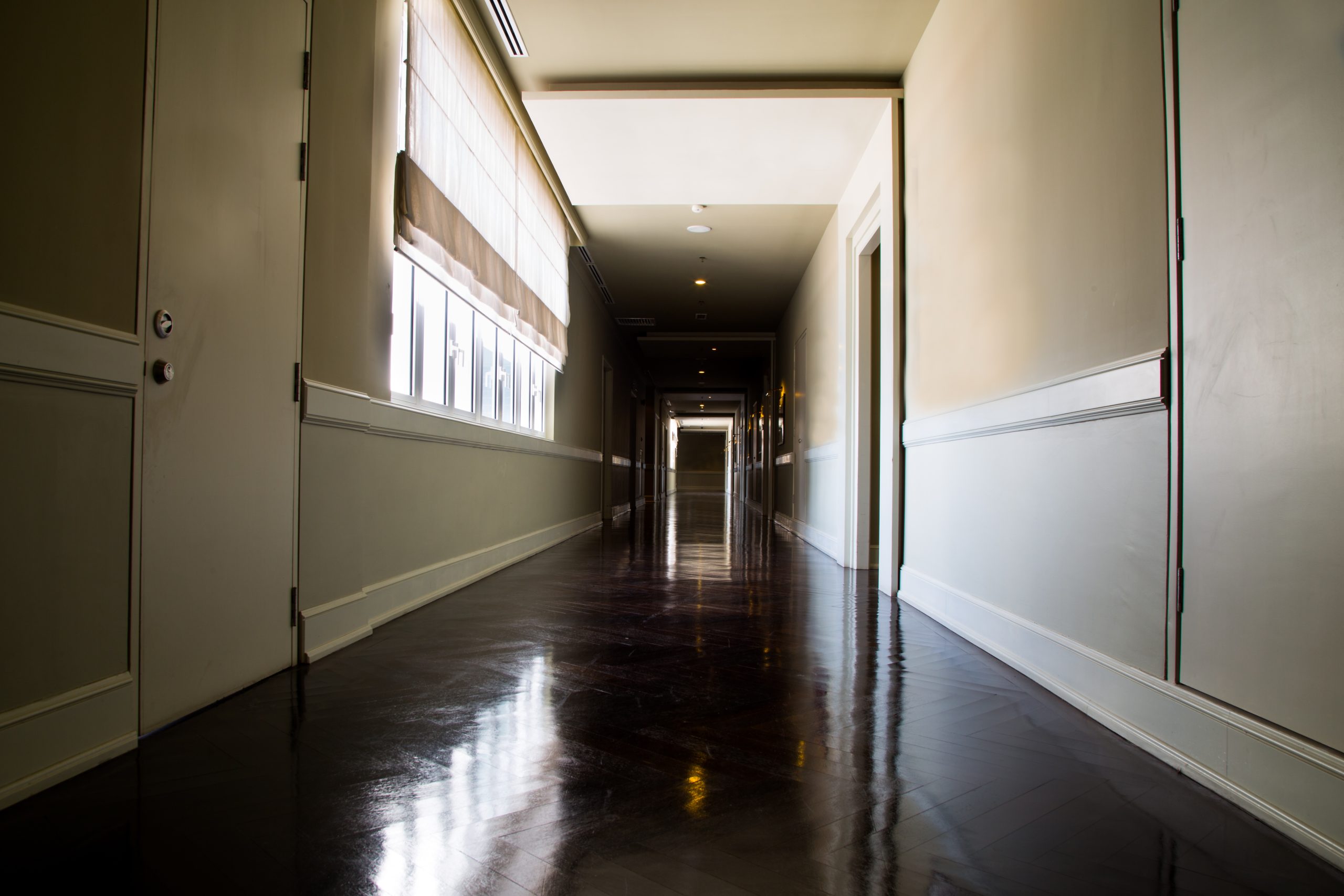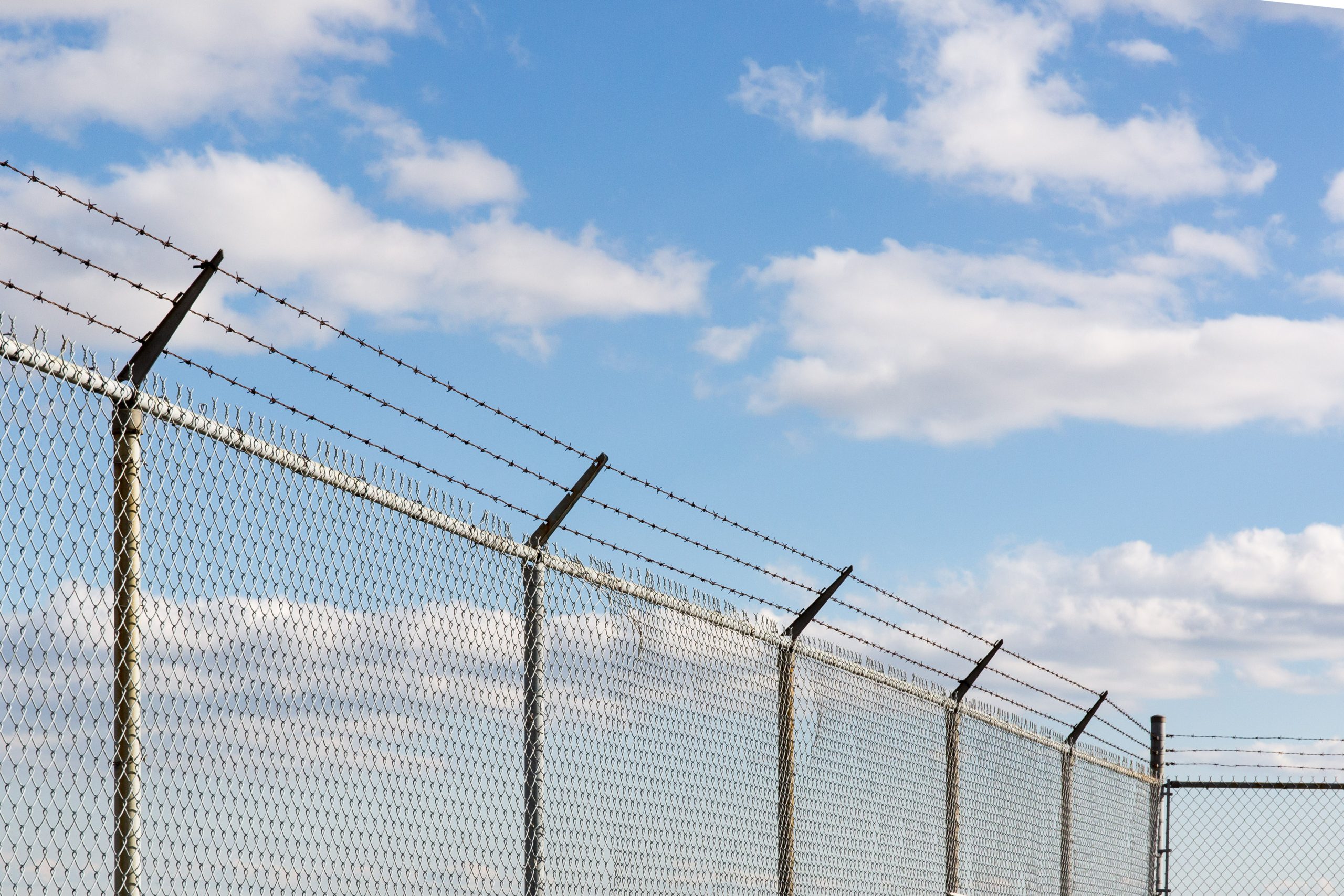
In a political climate where the rhetoric about asylum and migration is increasingly hostile and divided, it is more important than ever to seek out and listen to the voices of those directly affected by experiences of fleeing and seeking safety. Makani, a woman-led organisation supporting refugee and asylum-seeking women is amplifying exactly these perspectives through its Film for Freedom UK project.
The organisation is focused on economic empowerment, education, and therapeutic arts projects for Syrian and Palestinian refugees in Lebanon, as well as refugee and asylum-seeking women from around the world in the UK. One of Makani’s pilot initiatives, Film for Freedom Lebanon, focuses on amplifying the unheard voices of Syrian refugee women by training them as citizen journalists through feminist filmmaking workshops and communications campaigns. Makani has now brought this project to the UK, where Film for Freedom UK celebrates the power of art and activism to empower refugee women and challenge rising scapegoating and xenophobia.
Learning to Tell Stories Through Film
Launched with support from the Bertha Foundation, Film for Freedom UK trained a group of refugee and asylum-seeking women in London to become filmmakers. Over several months, participants learned practical filmmaking, editing, and storytelling skills, many starting with no prior experience. The women produced short films exploring identity, belonging, and resilience, turning their lived experiences into creative expression.
Each film captures a deeply personal perspective: one participant, Ebaa, reflected on Palestinian grief and exile in her film In Limbo; another, Uapii, portrayed the endurance and uncertainty of the asylum process in her film titled Asylum, Asylum, Asylum. Together, their work documents stories of courage and humanity that challenge the narrow ways refugees are often represented.
Creativity as Support and Expression
For many participants, the filmmaking process offered more than just technical training. It became a safe space to express themselves and connect with others who shared similar experiences. One participant, Uapii, described walking into the workshop as “feeling like home,” saying that “a weight on my shoulders was taken off.” She added, “I got to make my film, I’m so happy, and I can’t wait for the world to see it.” This sense of safety and support reflects Makani’s wider approach: combining skill-building with an environment that encourages self-expression and confidence.
A mentor involved in the project wrote, “I had the privilege of mentoring five remarkable women who sought refuge here in the UK … it was inspiring to see how quickly they grew in confidence and creativity.” Together, these experiences show how projects like Film for Freedom UK can nurture both artistic skill and emotional resilience, giving women the tools and the platform to tell their own stories.
Sharing the Films with the Public
The short films were released online in mid-2025 and have started reaching new audiences through community screenings and festivals. These screenings invite the public to engage with migration through a more personal lens. Viewers encounter individual stories of strength, loss, and hope shared in the filmmakers’ own words and images.
Next Steps for the Project
Makani plans to expand Film for Freedom UK with a second phase that continues to combine creativity, advocacy, and empowerment. The initiative will shift focus to connecting these new filmmakers with organisations working on these issues to help support them to use their films in awareness-raising.
The organisation also runs other initiatives in Lebanon and the UK using craft and enterprise to support refugee women’s independence. Makiani’s projects offer a platform for visibility and solidarity, and a reminder that storytelling remains one of the most powerful tools for social change.
To support initiatives like this, follow Makani’s work or attend local screenings. Taking the time to listen and engage is one of the simplest, most meaningful ways to ensure these voices are heard.
-

In support of the European Convention on Human Rights (ECHR)
Written by: Caroline Echwald
On the 75th anniversary of the European Convention on Human Rights (ECHR), we stand with almost 300 other organisations and groups in the UK in support of the ECHR, and we call on politicians and government to end the scapegoating of human rights. At Seraphus we are not just proud to join all these hundreds of organisations […]Read article -

Rethinking the UK’s Asylum Accommodation Plans
Written by: Caroline Echwald
The UK has a legal and moral duty to provide safe and adequate accommodation to people seeking asylum. People who arrive in the UK in search of safety are often fleeing conflict, persecution or serious human rights abuses. While their claims are being decided, they depend entirely on the support and protection provided by the […]Read article -

When the Rule of Law Is Treated as the Enemy, We Are All at Risk
Written by: Christopher Desira
Over 150 lawyers and refugee organisations recently signed a public statement warning of increasing far-right intimidation directed at those providing legal support to migrants. But such intimidation doesn’t always involve shouting on street corners. It can also come from the government, politicians, and the media, quietly, strategically, and with long-term consequences. Over recent weeks, we’ve seen […]Read article
Categories: AsylumHuman Rights
